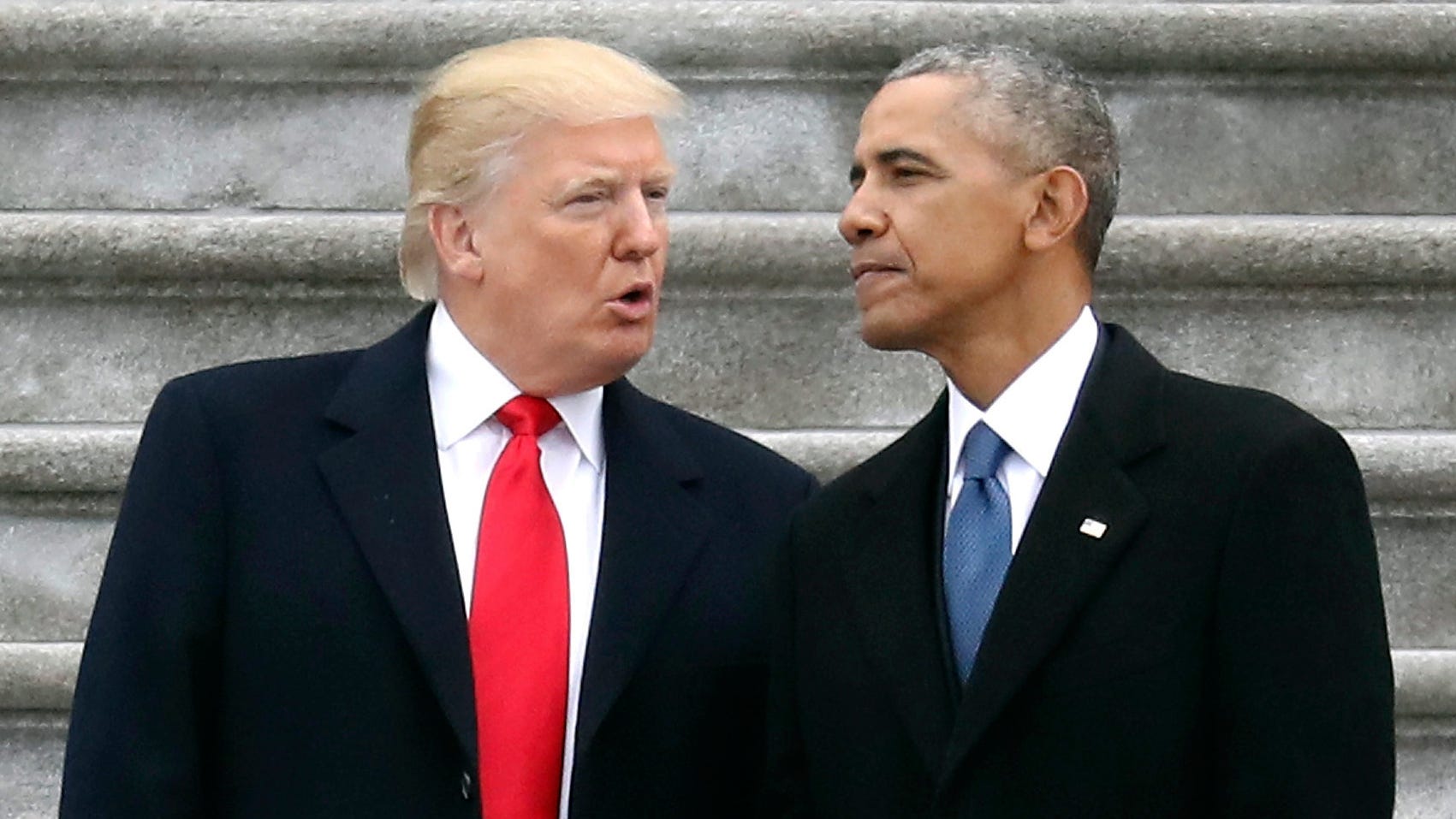The Shifting Landscape Of The Chinese Auto Market: A Case Study Of BMW And Porsche

Table of Contents
The Rise of Domestic Chinese Automakers
The increasing competitiveness of domestic Chinese brands is a major factor reshaping the Chinese auto market. These brands offer comparable quality at lower prices, appealing to price-sensitive consumers. This surge in domestic competition is forcing established international players to rethink their strategies.
-
Growth of electric vehicle (EV) manufacturing by Chinese brands like BYD and NIO: Chinese automakers are leading the charge in EV technology, offering innovative designs and competitive pricing. BYD, for example, has become a significant player globally, challenging Tesla's dominance in several markets. NIO's focus on premium EVs and battery-swapping technology also represents a strong competitive force.
-
Improved technology and design in domestic vehicles: Chinese automakers have significantly improved the technology and design of their vehicles in recent years. Many now offer advanced driver-assistance systems (ADAS), sophisticated infotainment systems, and stylish designs that rival their international counterparts.
-
Government support and subsidies for domestic automakers: The Chinese government actively supports the growth of its domestic auto industry through subsidies, tax breaks, and favorable regulations, giving domestic brands a significant advantage.
-
Aggressive marketing strategies targeting younger Chinese consumers: Domestic brands are employing savvy marketing strategies that resonate with younger, tech-savvy Chinese consumers, often leveraging social media and digital platforms effectively. This targeted approach is helping them gain significant market share.
BMW's Strategy in the Chinese Market
BMW, a long-standing player in China, has adapted its strategy to compete with both established and emerging Chinese auto brands. Their approach involves a multi-pronged strategy focused on maintaining their premium positioning while also catering to the evolving needs of the Chinese market.
-
Focus on luxury and performance vehicles: BMW continues to emphasize its luxury and performance vehicles, targeting affluent Chinese consumers who value prestige and driving experience.
-
Investment in local production and supply chains: BMW has invested heavily in local production facilities and supply chains in China, allowing them to reduce costs and respond more quickly to market demand. This localized approach helps them navigate import tariffs and logistics challenges.
-
Development of electric and hybrid models tailored to the Chinese market: Recognizing the growing demand for electric vehicles in China, BMW has accelerated the development and introduction of electric and hybrid models specifically designed for the Chinese market, incorporating features and technologies relevant to local consumer preferences.
-
Targeted marketing campaigns emphasizing brand heritage and prestige: BMW's marketing campaigns in China highlight its long history and legacy, emphasizing the brand's prestige and exclusivity. This strategy resonates with consumers who value established brands and quality.
-
Expansion of dealership networks and after-sales services: BMW has significantly expanded its dealership network and after-sales service infrastructure in China, ensuring convenient access for customers and building brand loyalty.
Porsche's Approach to the Chinese Market
Porsche, known for its high-performance sports cars, has adopted a slightly different approach to the Chinese auto market, focusing on its brand's exclusive image and appealing to a specific affluent segment.
-
Emphasis on exclusivity and brand image: Porsche maintains its focus on exclusivity and brand image, positioning itself as a premium choice for discerning consumers.
-
Focus on the affluent consumer segment: Porsche primarily targets affluent Chinese consumers who can afford its high-priced vehicles, leveraging its brand recognition and prestige to attract this segment.
-
Strategic partnerships and collaborations with local businesses: Porsche has formed strategic partnerships with local businesses in China to enhance its market presence and better understand local consumer preferences.
-
Introduction of SUV models to cater to growing demand: Recognizing the growing popularity of SUVs in China, Porsche has strategically introduced SUV models to expand its appeal to a wider range of consumers within its target demographic.
-
Digital marketing and online engagement strategies: Porsche utilizes sophisticated digital marketing and online engagement strategies to reach its target audience in China, building brand loyalty through online communities and interactive experiences.
The Impact of Government Regulations and Policies
Government regulations regarding emissions, fuel efficiency, and electric vehicle adoption significantly influence the strategies of automakers in China. These policies are shaping the future of the Chinese auto market and driving innovation in the industry.
-
Stringent emission standards pushing for electric vehicle adoption: China's increasingly stringent emission standards are accelerating the adoption of electric vehicles (EVs) across the market, creating both challenges and opportunities for automakers.
-
Government incentives and subsidies for green technologies: The Chinese government offers substantial incentives and subsidies for automakers investing in green technologies, including EVs and hybrid vehicles, stimulating growth in this segment.
-
Regulations impacting foreign investment and local production: Regulations regarding foreign investment and local production influence the strategies of international automakers operating in China. These policies often encourage local partnerships and manufacturing.
-
Impact of import tariffs and trade policies: Import tariffs and trade policies implemented by the Chinese government impact the pricing and competitiveness of imported vehicles, influencing the overall market dynamics.
Conclusion
The Chinese auto market presents a dynamic and complex landscape for both established international brands and rapidly growing domestic players. BMW and Porsche, through distinct yet effective strategies, are navigating this evolving market, demonstrating adaptability and innovation. Understanding the shifting dynamics of the Chinese auto market is crucial for any automaker aiming to succeed in this pivotal market. To learn more about the latest trends and strategies in this competitive environment, continue exploring resources dedicated to Chinese auto market analysis. By analyzing successful approaches like those of BMW and Porsche, businesses can gain valuable insights into thriving in this ever-changing landscape and harness the potential of the Chinese automotive industry.

Featured Posts
-
 Floridas Charm A Cnn Anchors Favorite Vacation Spot
Apr 26, 2025
Floridas Charm A Cnn Anchors Favorite Vacation Spot
Apr 26, 2025 -
 Former Gop Representative Slams Newsoms Steve Bannon Podcast Appearance
Apr 26, 2025
Former Gop Representative Slams Newsoms Steve Bannon Podcast Appearance
Apr 26, 2025 -
 Will George Santos Go To Prison His Pre Sentencing Outburst Explained
Apr 26, 2025
Will George Santos Go To Prison His Pre Sentencing Outburst Explained
Apr 26, 2025 -
 Zuckerbergs New Chapter Navigating The Trump Presidency
Apr 26, 2025
Zuckerbergs New Chapter Navigating The Trump Presidency
Apr 26, 2025 -
 The Rise Of Disaster Betting Examining The Los Angeles Wildfire Case
Apr 26, 2025
The Rise Of Disaster Betting Examining The Los Angeles Wildfire Case
Apr 26, 2025
